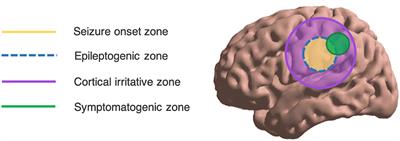EDITORIAL
Published on 10 May 2022
Editorial: Brain Mechanisms Linking Sleep and Epilepsy
doi 10.3389/fnhum.2022.922372
- 1,147 views
- 1 citation
7,406
Total downloads
36k
Total views and downloads
EDITORIAL
Published on 10 May 2022
SYSTEMATIC REVIEW
Published on 26 Apr 2022
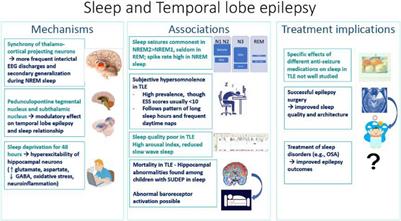
MINI REVIEW
Published on 05 Nov 2021
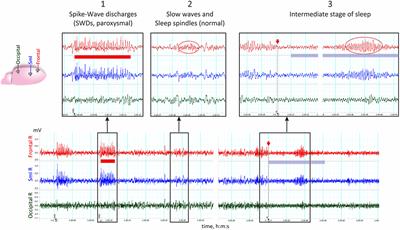
ORIGINAL RESEARCH
Published on 09 Sep 2021
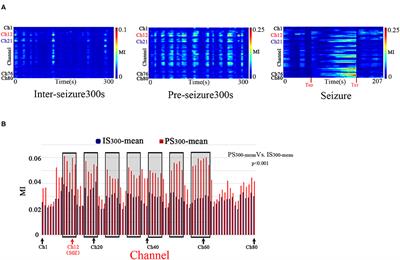
MINI REVIEW
Published on 07 Jun 2021
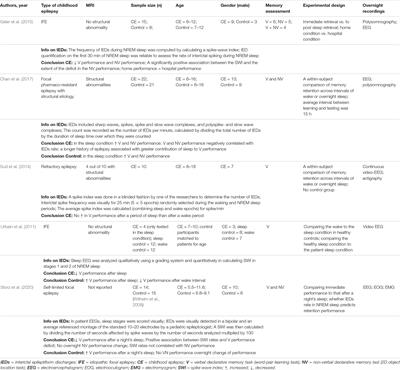
HYPOTHESIS AND THEORY
Published on 28 Aug 2020
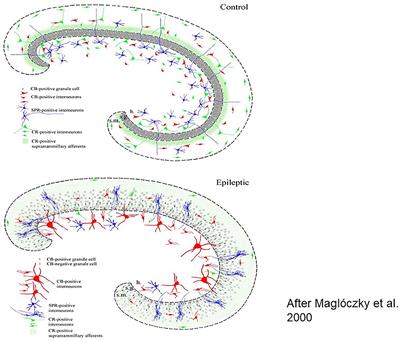
SYSTEMATIC REVIEW
Published on 24 Jul 2020
